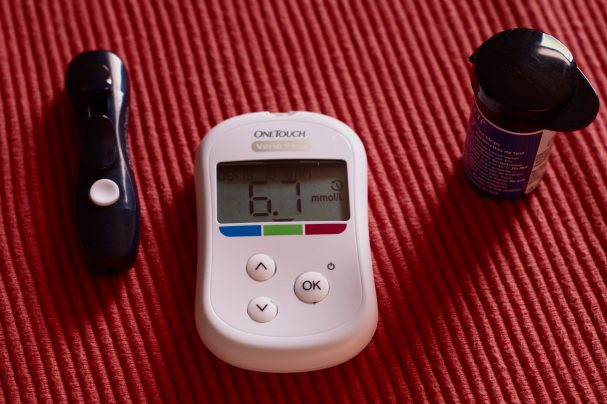In an era where technological advancements are reshaping the way we live, it’s no surprise that individuals are seeking innovative ways to enhance their performance, well-being, and overall quality of life. Enter biohacking – a fascinating field that has gained popularity in recent years as a means to optimize human biology and push the boundaries of what our bodies and minds can achieve.
Understanding Biohacking
Biohacking involves the art and science of making targeted, impactful changes to one’s lifestyle, diet, and environment to enhance physical and cognitive performance. Unlike traditional approaches to health and wellness, biohacking is deeply rooted in the principles of self-experimentation, data tracking, and a proactive approach to personal development.
Key Aspects of Biohacking:
Nutritional Optimization
- Biohackers often prioritize personalized nutrition by tailoring their diets to individual needs. This may involve experimenting with fasting, adopting specific diets like ketogenic or paleo, and utilizing supplements to fill nutritional gaps.

Image credit: Unsplash
Quantified Self
- A core tenet of biohacking is the concept of the “Quantified Self.” This involves using technology to track various aspects of one’s health and performance, such as sleep patterns, heart rate, blood glucose levels, and even cognitive function. Wearable devices and smartphone apps play a crucial role in this data-driven approach.
Smart Drugs and Nootropics
- Biohackers explore the world of smart drugs and nootropics – substances believed to enhance cognitive function. From caffeine and modafinil to adaptogens like Rhodiola Rosea, you can experiment with different compounds to boost focus, memory, and mental clarity.
Biological Monitoring
- Continuous monitoring of biomarkers allows biohackers to gain insights into their physiological state. Blood tests, genetic testing, and other advanced diagnostics help individuals tailor their biohacking interventions based on their unique genetic makeup and health markers.
Sleep Optimization:
- Recognizing the critical role of sleep in overall well-being, biohackers focus on optimizing sleep quality. Strategies include adjusting sleep environments, experimenting with sleep cycles, and using technologies like sleep trackers to identify patterns and areas for improvement.
Physical Enhancement:
- Biohacking extends into the realm of physical performance, encompassing techniques such as cryotherapy, infrared saunas, and resistance training. Some biohackers even explore cutting-edge technologies like electrical stimulation and genetic modification for muscle growth and recovery.
Ethical Considerations:
While biohacking holds tremendous promise for human enhancement, it also raises ethical questions and concerns. As individuals delve into uncharted territories, issues related to safety, long-term effects, and unintended consequences come to the forefront. Striking a balance between curiosity-driven self-experimentation and responsible biohacking is crucial.
Biohacking represents a paradigm shift in how we approach human potential. By blending science, technology, and self-discovery, biohackers strive to unlock new dimensions of health, cognition, and performance. As the field continues to evolve, it prompts us to reflect on the ethical implications and responsible practices needed to harness the full benefits of biohacking for the betterment of humanity.
ALSO SEE:
Feature image: Pexels

